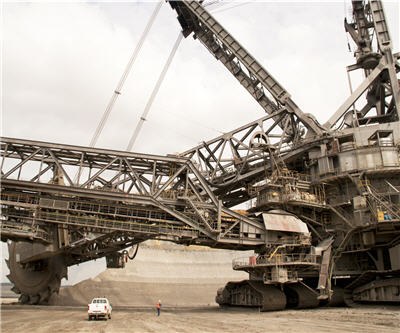BHP can’t do for coking coal prices what it did for iron ore

World’s number one miner BHP Billiton under ex-CEO Marius Kloppers deserve (and take) much of the credit for dragging the iron ore market out of the financial stone age.
By pushing hard against bigger rivals Vale and Rio Tinto which favoured the old annual negotiated contract system, in 2009 BHP helped double the price of iron ore overnight.
Just for good measure, free-on-board pricing were also dropped in favour of CFR which gave Australian producers a huge advantage over South African and particularly Vale’s Brazilian ore, reaping billions for the industry.
BHP has been working hard to repeat the 2010 move in the coking coal market, but has so far met with little success.
The main pushback from steel mills against spot pricing has to with the variability of the coal produced from one mine to the other, which is especially true in number two importer of metallurgical coal Japan.
The negotiations are happening during a difficult time for the coking coal trade which this year should amount to some 320 million tonnes.
Quarterly benchmark coking coal traded as high as $330 a tonne in mid-2011 after bad weather took much of Australia’s supply off the market. The price of the commodity stayed above $200 for two years between September 2010 and September 2012, but has been on a steady downtrend since then.
Second quarter 2014 contracts have been inked at $120 a tonne, down 14% from first quarter benchmarks and the lowest since 2008.
BHP, the globe’s top exporter of coking coal, has put its money where its mouth is and is selling an ever increasing portion on the spot market.
Trouble is, BHP is losing big money on its push.
According to data supplied by The SteelIndex spot Australian hard coking coal (FOB Australian east coast exports) this week sold at $98 a tonne.
That’s up just a fraction from the lowest since the price provider started publishing the numbers in January 2013 and down 17.5% so far this year. Premium coking coal was last changing hands for around $113 a tonne after falling to a record low of $108.20 a tonne two weeks ago.
The Financial Times times quotes one industry veteran as saying “BHP has this almost religious belief that unless commodities trade on index or there are derivatives then it’s not a mature market. But if shareholders wake up to what’s happening they may have to stop trying.”
{{ commodity.name }}
{{ post.title }}
{{ post.date }}




Comments